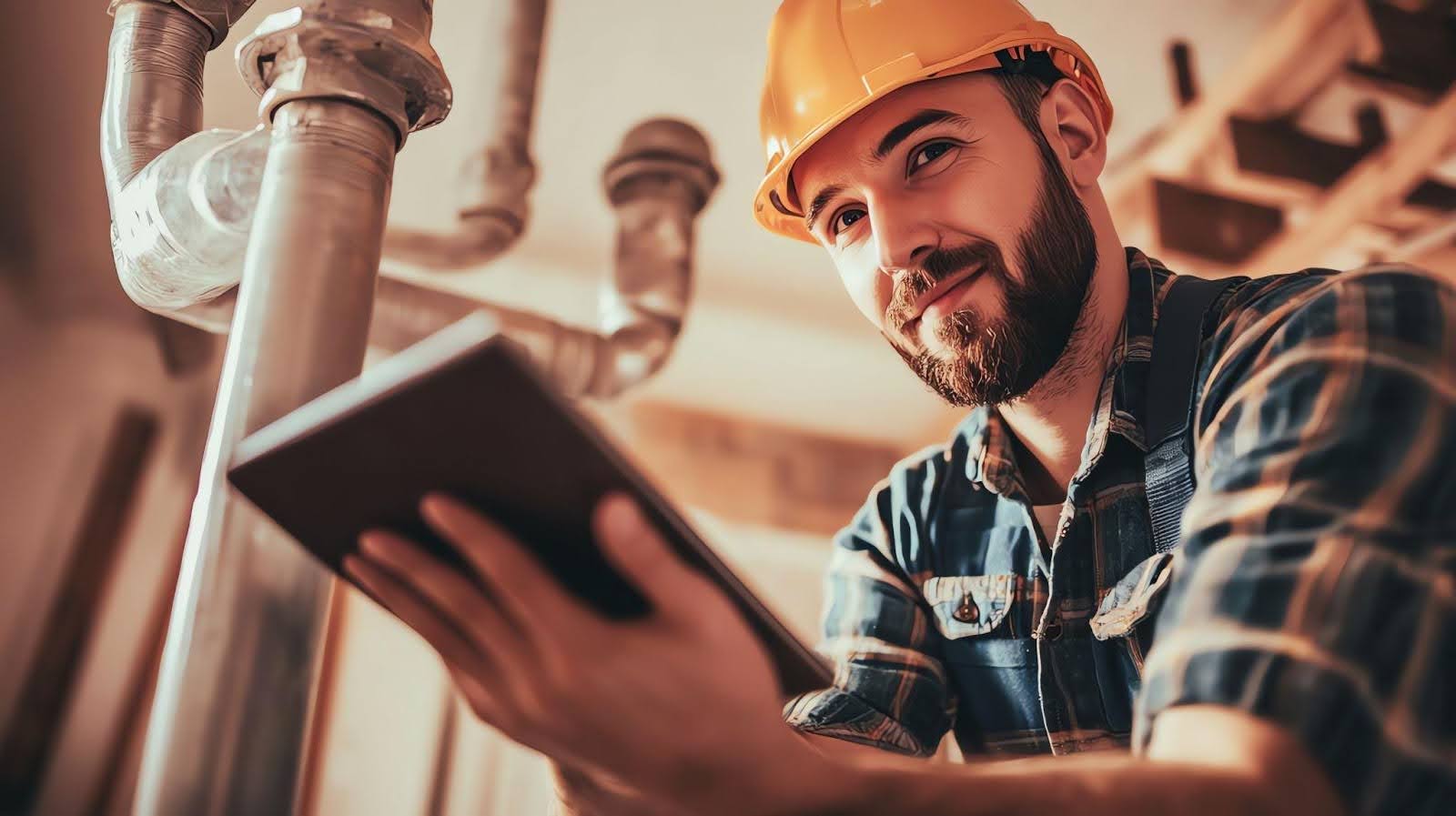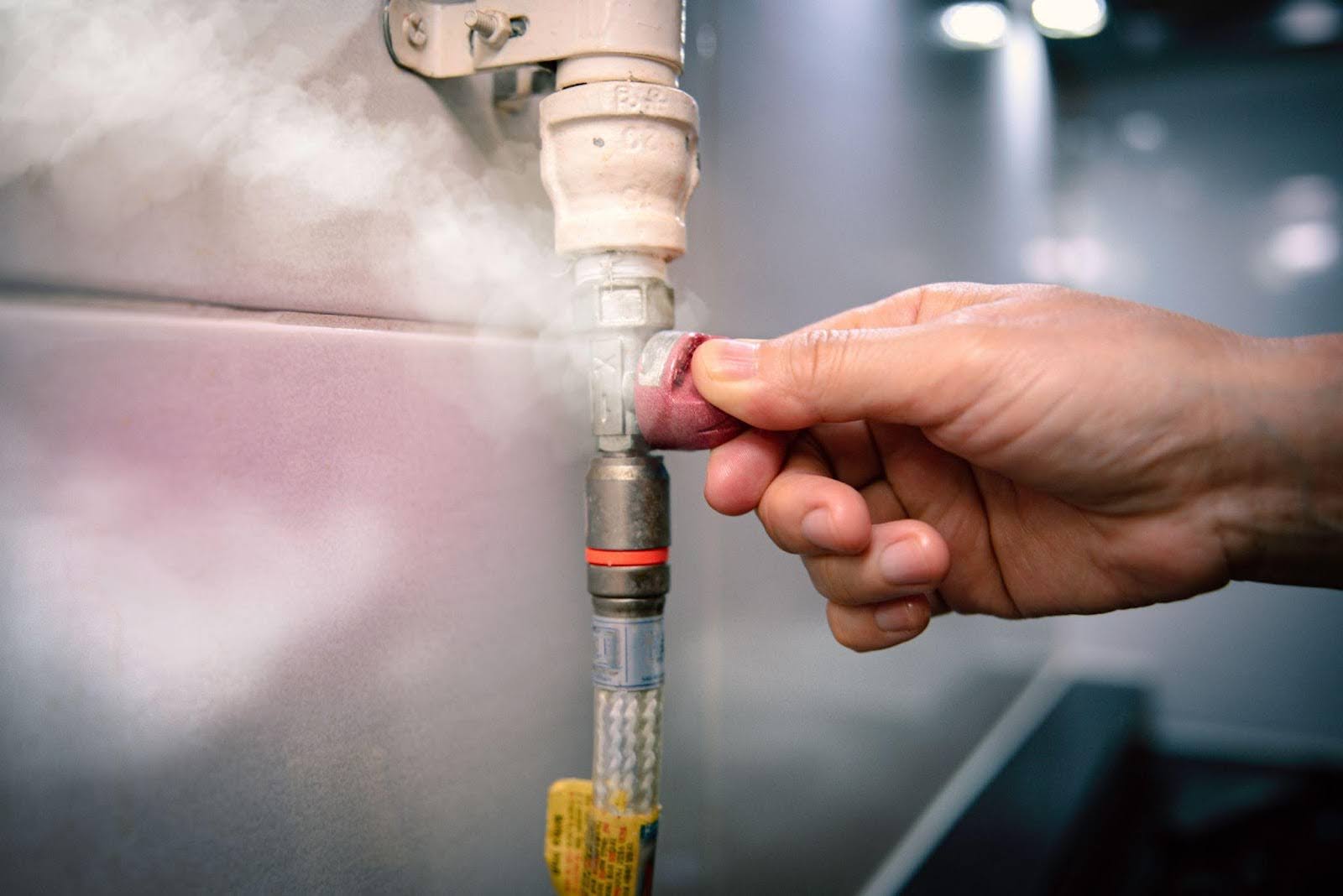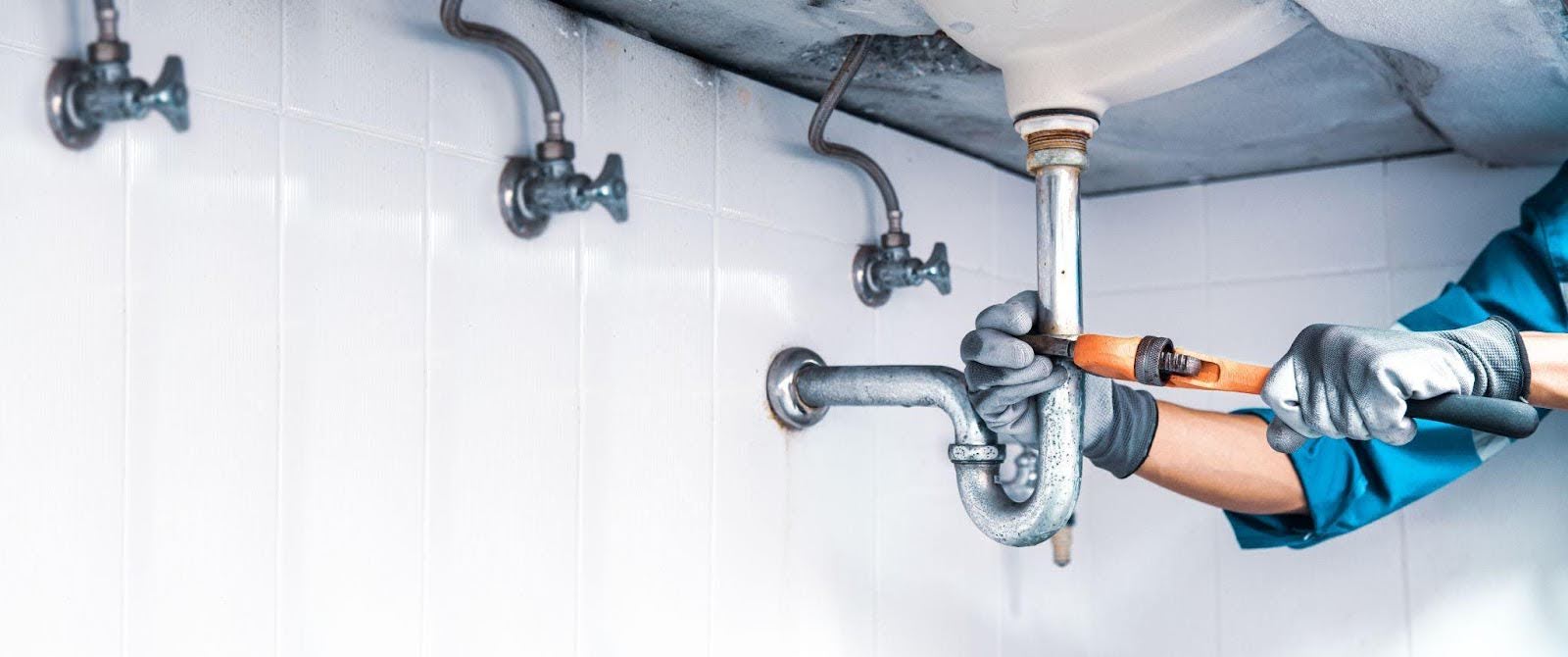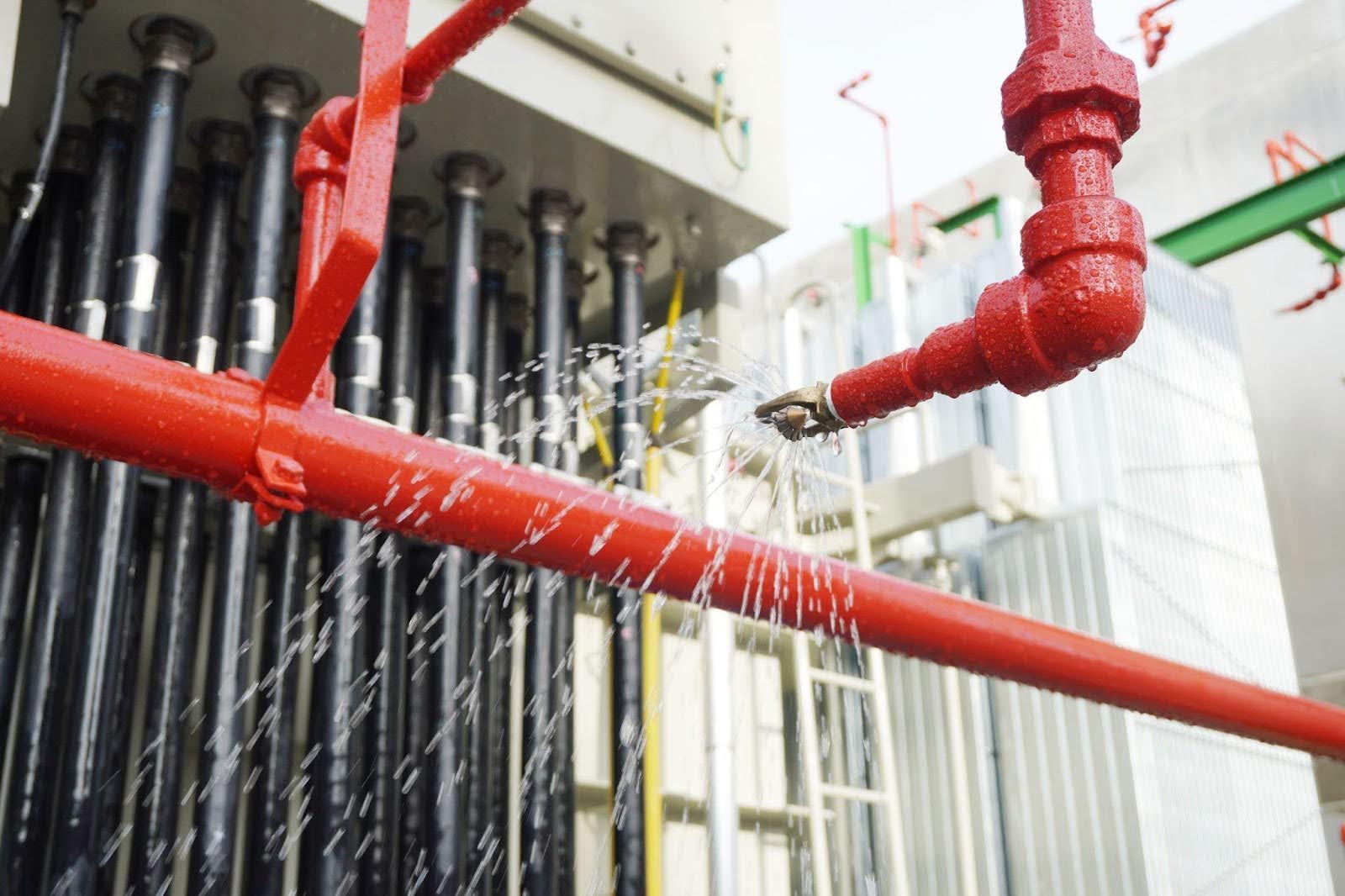Building apartments takes more than walls, wires, and floors. Professional plumbing plays a huge role in how a building functions. Every pipe, fixture, and drain must meet local codes to ensure safety, efficiency, and long-term performance.
Developers need to understand these rules before the first trench gets dug. Missing a single requirement causes costly delays, rework, and legal trouble. Staying informed keeps your project on track.
Know what codes apply before construction starts
Every city has its own plumbing codes, which tell builders exactly how to design, install, and inspect plumbing systems. Depending on location, most areas use a version of the International Plumbing Code (IPC) or the Uniform Plumbing Code (UPC). Some cities adopt stricter rules that override national standards.
When developing apartments, contractors must review these codes before planning begins. They outline everything from pipe size and slope to venting and backflow prevention. Local building departments often publish detailed plumbing requirements online or provide them during plan reviews.
Failing to follow these codes leads to red tags, fines, and work stoppages. Always plan around the local standards to avoid future problems.
Plan for water supply and pressure
Water supply is the backbone of plumbing in apartments. Each unit needs enough water for daily use — showers, sinks, dishwashers, toilets, and washing machines. Local codes specify how much water pressure a system must deliver to each fixture.
Pressure too low means tenants deal with weak showers and slow-filling toilets. Pressure too high causes pipe strain, leaks, and damage. Proper sizing of supply lines keeps pressure balanced throughout the building.
Plumbing codes also require approved materials for pipes. In most areas, PEX, copper, and CPVC meet regulations. Each material has limits on where and how it gets installed. Only a professional plumbing contractor understands how to match pipe type with the code and the building’s needs.
Address drain and waste systems early
A smooth drainage system keeps everything flowing. If waste builds up or backs up, tenants face unsanitary conditions and expensive damage. Local codes cover slope, pipe sizing, cleanout access, and fixture requirements to make sure systems drain efficiently.
Every sink, toilet, shower, and appliance must connect to the waste system with the proper trap and venting. These parts prevent sewer gas from entering the apartment, allowing air to keep wastewater moving. Improper venting causes gurgling sounds, slow drains, and dangerous smells.
Follow hot water system rules
Water heaters power nearly everything in plumbing in apartments. Each unit needs reliable access to hot water within a specific temperature range. Most codes require water to reach taps between 110°F and 120°F, keeping it hot enough for cleaning but safe enough to prevent burns.
Central water heaters often serve multiple units, while others install a separate unit in each apartment. Codes dictate the heater’s capacity, location, and venting. Improper sizing or venting leads to poor performance, gas leaks, or fire hazards.
Every hot water system must also include temperature and pressure relief valves. These valves prevent explosions by releasing pressure buildup inside the tank. A professional plumbing contractor ensures every safety feature meets code before the system gets sealed up behind walls.
Don’t overlook backflow prevention
Backflow occurs when contaminated water flows backward into the clean water supply. It’s dangerous, often invisible, and completely avoidable with proper protection. Plumbing codes require specific devices that block backflow in both public and private water systems.
For apartment buildings, backflow devices protect fixtures like hose bibs, irrigation systems, washing machines, and even boilers. These devices stop dirty water from reentering the clean supply if pressure drops suddenly.
Prioritize accessibility and maintenance access
Apartment buildings must allow access to key plumbing components. Shut-off valves, cleanouts, and mechanical systems can’t be buried or hidden behind sealed walls. Local codes require clear access points for maintenance and emergencies.
When developing apartments, builders must install access panels, label shut-off valves, and design the plumbing layout for long-term use. A plumber cutting corners during rough-in work creates future problems for tenants and landlords.
Install approved fixtures only
Builders must use fixtures approved by a recognized testing agency to meet code in every apartment. Most cities require plumbing fixtures to be UPC or NSF-certified. This includes toilets, faucets, showerheads, sinks, and valves.
A professional plumbing contractor helps choose fixtures that meet code and match design goals, tenant expectations, and durability needs.
Include water conservation systems
Many cities now require water-saving systems in multi-unit buildings. These include low-flow toilets, high-efficiency showerheads, and aerated faucets. Some developments even include greywater recycling or rainwater collection for landscaping use.
These conservation requirements protect the city’s water supply and lower long-term utility bills for tenants and owners. Designers and plumbers must integrate these systems into the plan when developing apartments.
Schedule inspections at the right time
Plumbing inspections occur at multiple stages during apartment development. Rough-in inspections check the hidden pipes before walls go up. Final inspections review all fixtures, connections, and functions before tenants move in.
Missing inspection timelines or failing to notify inspectors slows the entire project. Failed inspections delay occupancy permits and cost builders time and money. Clear communication between the professional plumbing crew and the city inspector ensures smooth progress.
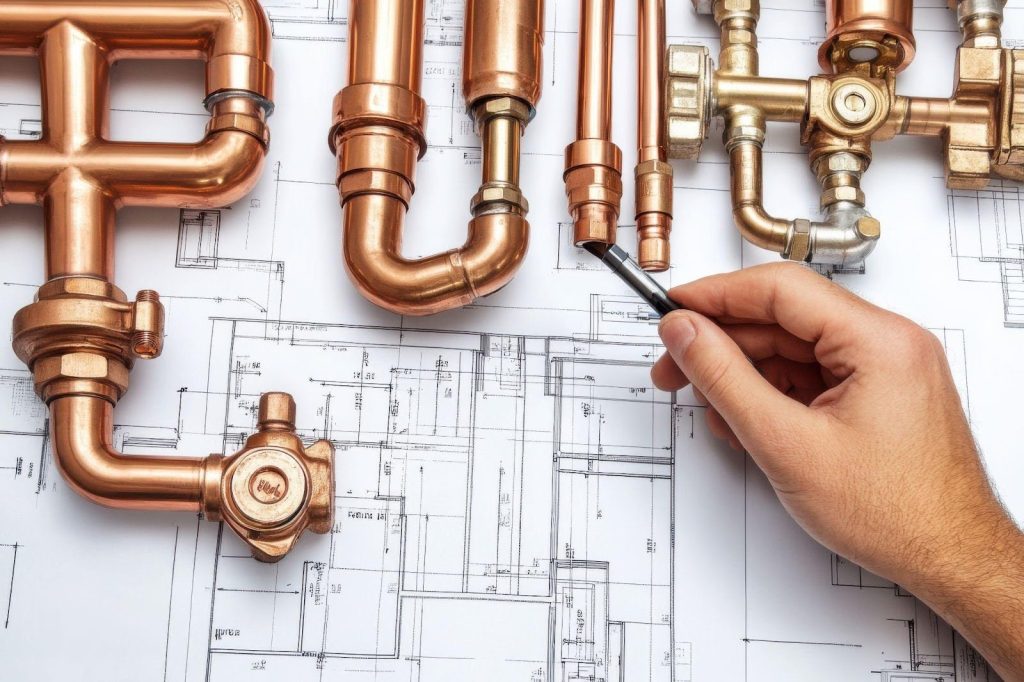
Hire licensed professionals only
Working with licensed, experienced plumbers is non-negotiable. Plumbing in apartments involves fire protection systems, gas lines, drinking water, waste systems, and pressure vessels. Mistakes lead to safety risks, property damage, and massive repair costs.
Only a licensed professional plumbing contractor knows how to meet every part of the plumbing code. They understand materials, slopes, spacing, flow rates, and testing procedures. Their experience ensures compliance from day one to the final walkthrough.
Final thoughts
Building safe, high-quality apartments means paying attention to every piece of pipe, every fixture, and every fitting. Plumbing codes exist to protect residents, buildings, and public health. Ignoring these rules or guessing your way through costs time, money, and your project’s success.
Understanding the rules around plumbing in apartments helps developers plan smarter and build stronger. When in doubt, rely on licensed professionals to guide the process. With the right team and a clear plan, developing apartments becomes easier, faster, and code-compliant from the ground up.
Stay code-compliant with expert plumbing guidance from Paragon Service Pros
Understanding plumbing codes and regulations is critical when planning new construction or major upgrades. At Paragon Service Pros, we specialize in helping contractors, builders, and property owners navigate the complex rules that govern plumbing systems.
Our licensed professionals ensure every pipe, fixture, and fitting meets current code standards. From designing layouts that pass inspection to catching compliance issues early, we guide your project every step of the way. With our support, you avoid delays, fines, and costly rework.
Whether you’re developing apartments or updating existing systems, our team brings clarity and precision to your plumbing planning. Trust Paragon Service Pros to keep your project safe, legal, and on schedule.
Contact Salisbury Plumbing today to make code compliance simple and stress-free.


